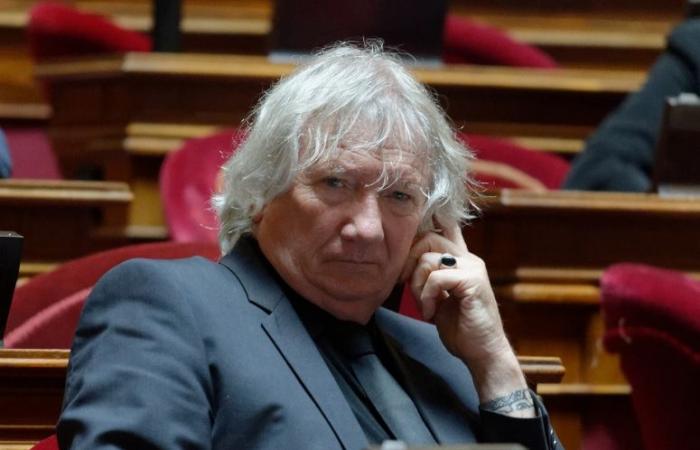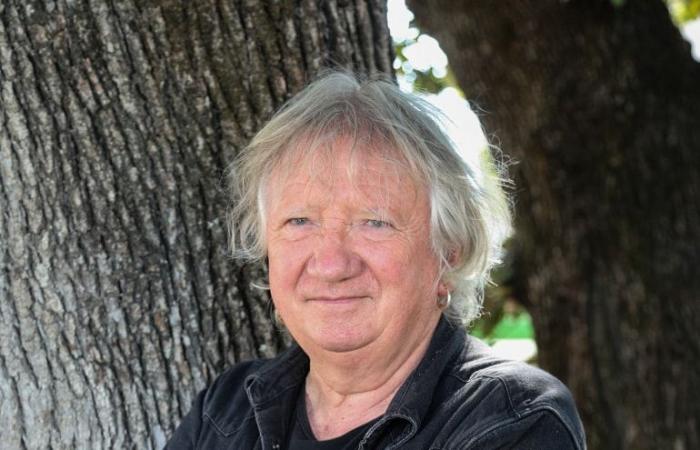Share the publication “Joël Labbé: “A law which is a first step forward””
Environmentalist senator from Morbihan retired since 2023, the Breton Joël Labbé gave us an interview to try to understand the reasons for the implementation of the law bearing his name passed in 2014 and putting an end to the use of phytosanitary products on grassed sports fields, including golf courses, from January 1, 2025.
Comments collected by David CHARPENET
GOLF PLANETE: What was the initial objective of the law bearing your name?
JOEL LABÉ: Originally, I wanted to make a law that would be a first step forward. One foot in the door. A step before looking at the problem of agriculture. I did not want to integrate the agricultural world into the law at the time, because I knew that the text would not be voted on under these conditions. Farmers are not affected by the Labbé law. But now it may be time to look at the use of phytosanitary products in the agricultural world. They have great freedom of use, supported by extremely powerful lobbies. Maybe it's time to think about a solution…
GP: Coming back to grassy sports fields, does the exemption list provided for in your original law, in the event of a technical impasse concerning uses, distort the law?
JL: You have to be pragmatic. If we can't do otherwise and if it doesn't endanger biodiversity… I'm not a fundamentalist! In the event of a technical impasse, it was agreed to draw up a list of exempt products. And it is true that for certain diseases, we do not have equivalent biocontrol products. No longer being a senator, I will not be able to discuss the exemption list. But I found my sports contacts to be good people at the time.
GP: Do you think the density of the turf and felt on the greens (where most chemicals are used on a golf course) can be sufficient to prevent the products from seeping into the soil and groundwater ?
JL: I do not believe in the spontaneous degradation of all the chemical molecules present in phytosanitary products. Many scientists contradict this somewhat blue-blooded version put forward by certain golf managers. A new law is also needed to better regulate water catchment areas and the discharge of products that could pollute water, particularly in the agricultural sector.
For golf courses, there is the possibility of having exemptions for tees, fairways and greens. Everything was integrated little by little and it evolved well.
GP: Ten years after its promulgation, is the text still relevant or does it need adjustments?
JL: Adjustments were made from the start since the sports fields were pushed aside. And for golf courses, there is the possibility of having exemptions for tees, fairways and greens. Everything was integrated little by little and it evolved well. But the most important thing is that we feel that we have passed the point of no return and we will now continue to move forward. Toward the positive. The major project, however, remains the agricultural sector. And in particular the water catchment points which are not sufficiently protected by the 5 meter strips. This would require organic farming in larger areas and that would be a big step forward.
G.P. : Did you come up against the power of different lobbies when developing your text?
JL: Let's say I developed workaround strategies.
(Joël Labbé, a recently retired senator) Photo: Éric Dervaux / Hans Lucas / AFP
GP: Why did you leave Europe Écologie Les Verts in 2016, two years after the development of the law bearing your name?
JL: I did not leave by slamming the door in 2016, two years after the promulgation of the law bearing my name. But rather than entering into conflict with certain people, I preferred to distance myself, while remaining an environmentalist, but no longer with EELV.
GP: Do you play golf?
JL: Non.
GP: Without wishing to oppose the sporting field and the agricultural field, which both have their constraints, is there not a risk of confusion on the part of public opinion, knowing that the volumes of phytosanitary products used have nothing to do with each other?
JL: It is certain that if we take the use of phytosanitary products in the agricultural sector as a reference base, everything else does not represent much. But I am satisfied with the application of the law in the non-agricultural world. On the other hand, everything remains to be done in the agricultural world.
Also find the book of interviews with this rock n' roll senator entitled Utopia and lifepublished by Actes Sud
Photo : Daniel Pier / NurPhoto / AFP, unless mentioned







